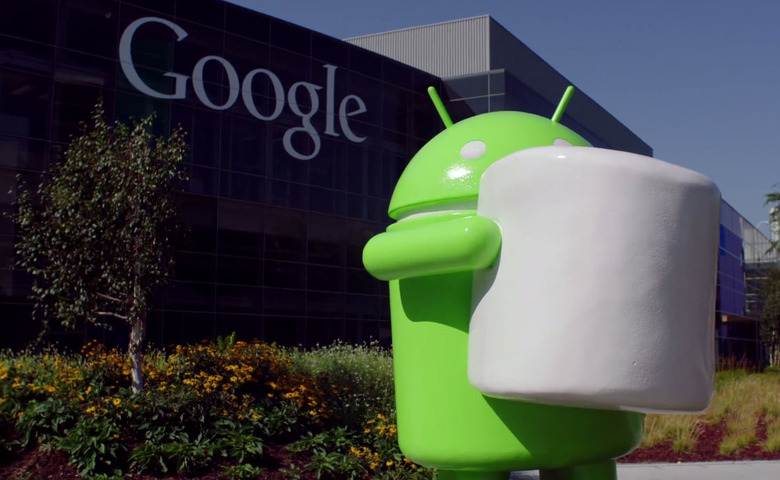App Developers Give Brutally Honest Answers About Why They Pick iOS Over Android
Much to Android users' collective chagrin, many top mobile apps seem to come to iOS before they come to Android. We've written a lot about the reasons for this in the past but now The Next Web has given five popular mobile app developers a platform where they can anonymously spout off on the real reasons they're going with iOS over Android first, without any fear of offending Google. Some of their answers are brutally honest and are worth highlighting, even though I personally think many of them are overly harsh. Let's go through the highlights below.
DON'T MISS: One Googler's guide for perfectly organizing your work week
This answer raises some good points but also represents the kind of snooty elitism that's characteristic of the worst kinds of Apple fanboys:
For my target demographic and audience, the people who have iPhones are far more desirable than their peers with Android phones. When talking with teens and 20 year olds, having a big, gold iPhone 6 Plus is like carrying a Prada bag or driving a BMW. It signifies a social status, a place at the top of their social circle. You buy an iPhone because you want the best.
Young people I talk to with Android phones have them because it was cheap, or free, and their goal is to buy an iPhone a year or two from now when they have the money. They settled with an Android phone and now they're settling with clunky implementations of the apps their friends had before them on their iPhones. I'm building for iOS because I want to target users with taste and buying power.
Yes, that's a very obnoxious way of putting it. At the same time, it's a simple fact that iOS users tend to make more money and developers tend to make more money from them on average than they do from Android users. This is a huge factor for smaller developers who are just looking to make ends meet — if they need immediate return on their investment, iOS is the better bet.
This point is echoed by another developer here:
Android apps don't make nearly as much money as their iOS counterparts. Android users spend significantly less on average than iOS users. And piracy rates for paid apps are staggeringly high – something like 95 percent of downloads for a paid app are coming from pirates.
And then there's the issue of fragmentation. Frankly, it's a pain to have to keep pushing out updates for devices still running on Jelly Bean and this means it takes a lot more time to build an app for Android than for iOS.
There are a lot of interesting answers given by developers surveyed by The Next Web – be sure to check them out for yourself by clicking here.
